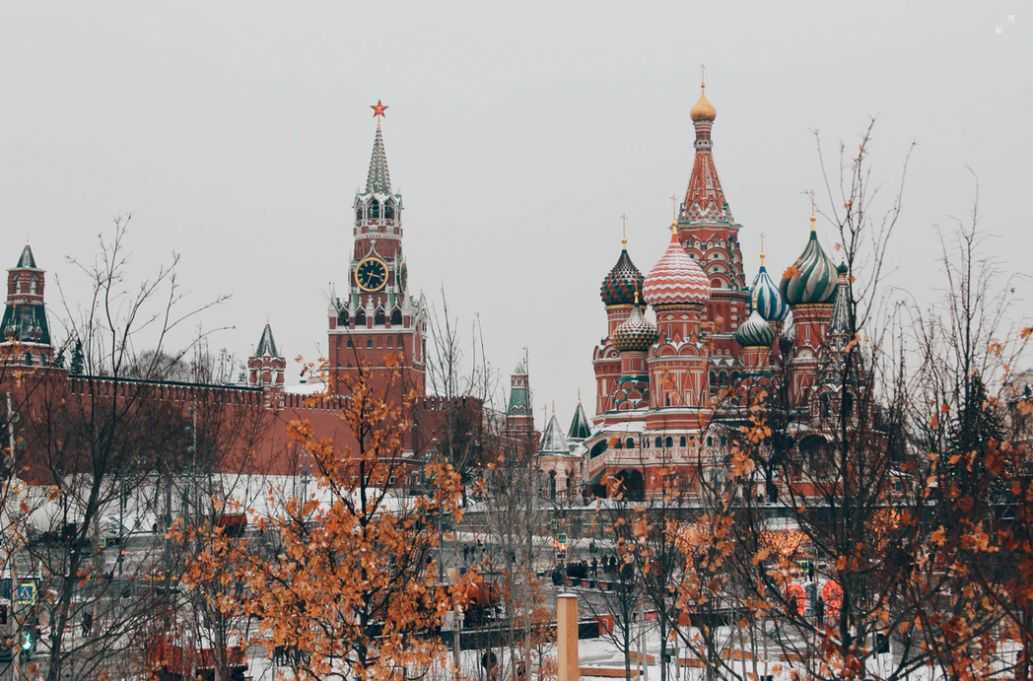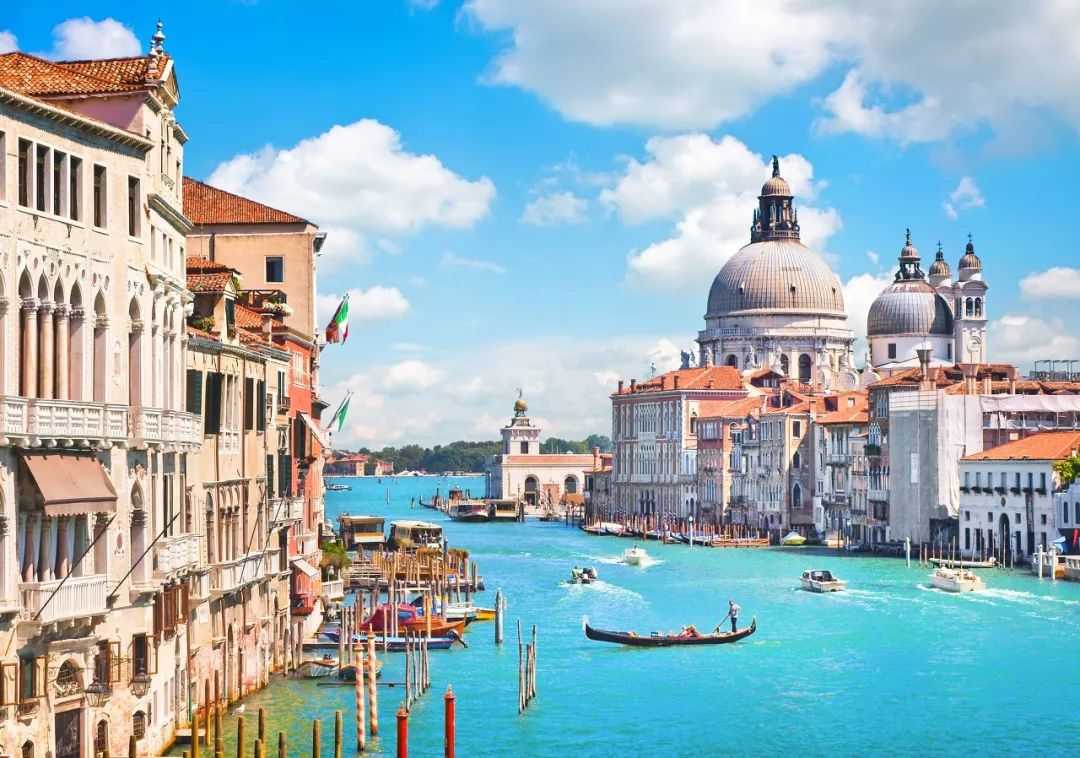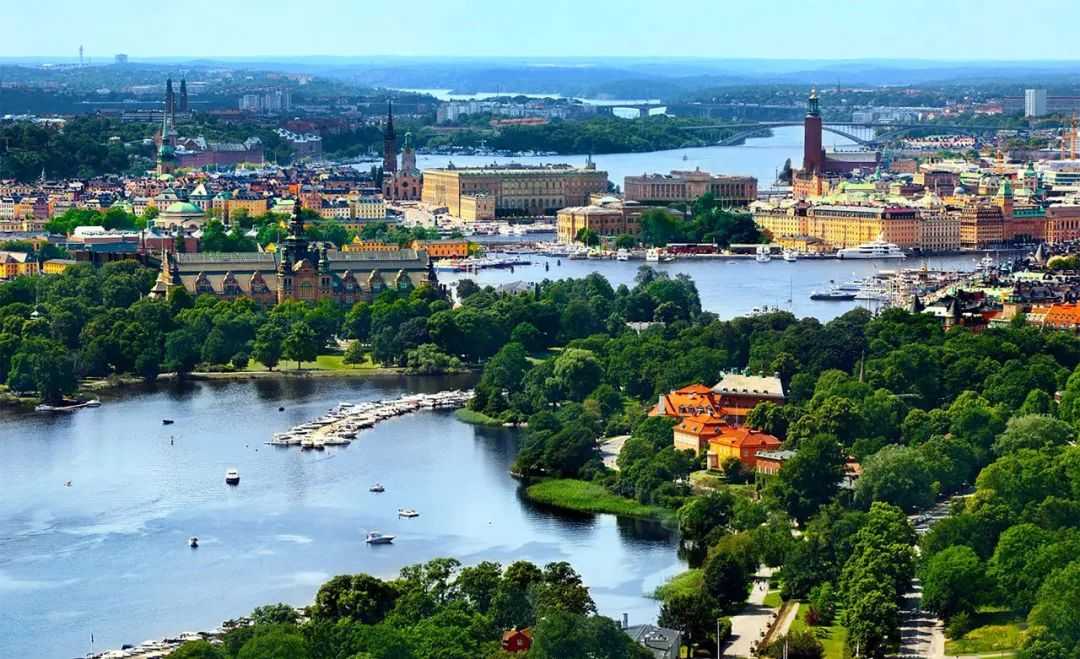National culture
Drivers Face Penalties in Germany for Running Out of Gas on Highways
In Germany, motorists need to be extra cautious about fuel levels while driving on highways. According to local regulations, running out of gas on the highway is considered an illegal act, and those found in such a situation may face significant penalties.
What You Only Realize About Italian Etiquette and Dress Code After Visiting Italy
Question: What are some aspects of Italian etiquette and dress code that one might only become aware of after going to Italy?
Spain: The 12 Grapes Tradition
In Spain, New Year’s Eve revolves around a quirky yet cherished ritual: consuming 12 grapes at the stroke of midnight. As the clock ticks toward the new year, families and friends gather, often in central squares like Madrid’s Puerta del Sol, clutching small bunches of grapes—their eyes fixed on the clock tower and hands ready to pop each fruit into their mouths with every chime.
Canada: Snow Walls and Polar Bear Plunges
In Canada, where winter dominates the New Year’s landscape, snow isn’t just a backdrop—it’s a symbol of prosperity. As the new year approaches, Canadians build towering snow walls around their homes and craft elaborate snowmen, believing these icy fortifications ward off negative energies. This tradition harks back to indigenous beliefs that snow possesses cleansing properties, while the act of shaping it into barriers reflects a practical wintertime resilience.
Mexico: Festive Decor and Tamale Traditions
Mexican New Year celebrations blend vibrant symbolism with culinary heritage, creating a sensory experience of color, flavor, and renewal. Homes across the country transform into kaleidoscopic spaces, each hue carrying intentional meaning: red for love, yellow for career prosperity, and green for financial abundance. This decorative ritual, rooted in indigenous and Spanish traditions, turns living spaces into visual prayers for the year ahead.
Sweden's Renowned Parental Leave and Early Childhood Education System
Sweden continues to set a global benchmark for family-friendly policies, with its expansive parental leave and robust early childhood education framework. As outlined on sweden.se, operated by the Swedish Institute, parents in Sweden are entitled to 480 days of paid leave when a child is born or adopted. In two-parent households, this leave is split equally, with each parent eligible for 240 days of paid time off to care for their child. This policy emphasizes gender equality, encouraging both parents to actively participate in early childcare while maintaining financial security.













